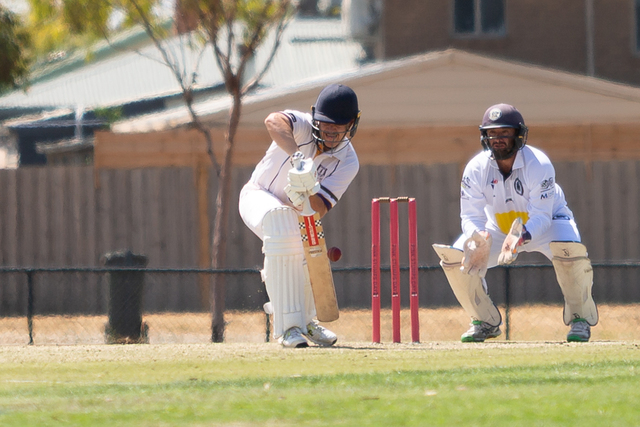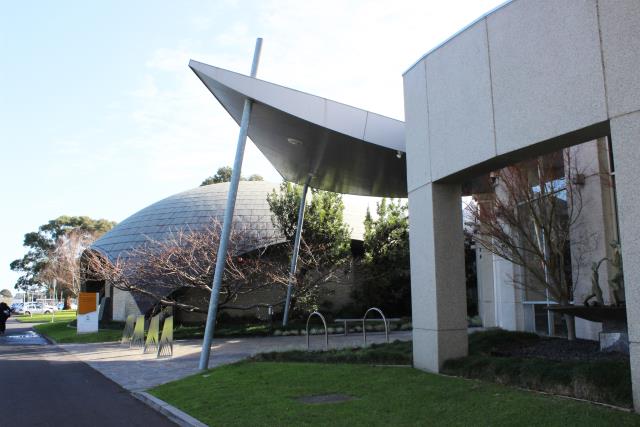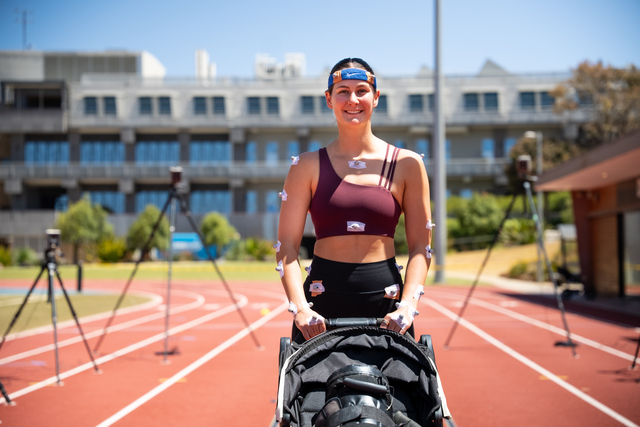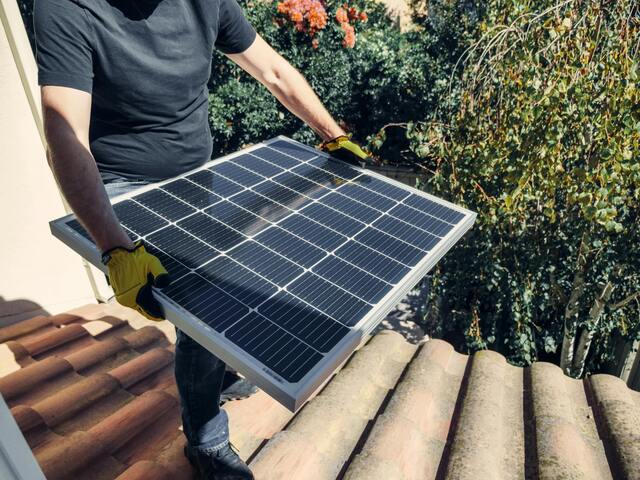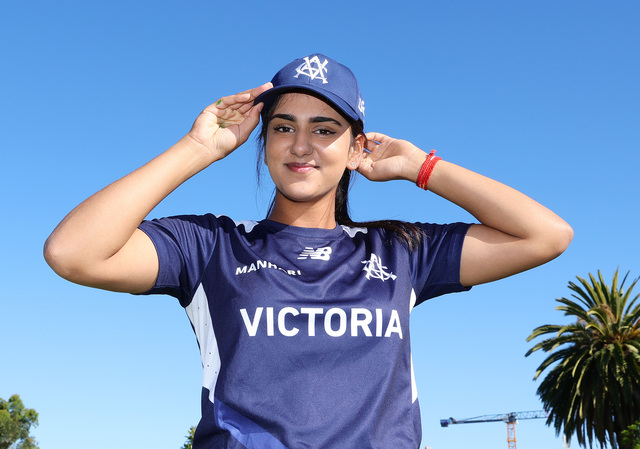Changes to normal viral patterns have led to children continuing to be diagnosed with winter viruses, such as influenza and RSV, right throughout the summer months and even as they prepare to head back to school in Maribyrnong and Hobsons Bay.
Dr Louisa Owens, a member of the National Asthma Council Australia Guidelines Committee and a paediatric respiratory physician, said this year it is even more critical for parents of children with asthma to schedule a check up with their GP before they start back at school.
“Every February there is a ‘back-to-school asthma spike’ that sees a sharp rise in children with asthma admitted to hospital due to a change of environment or allergens, sharing a new set of bugs with classmates, which can trigger colds and respiratory infections and possibly missing preventer doses over the holidays,” she said.
“However this year, changes to normal respiratory viral patterns have meant children have already been battling a high rate of infections all through summer.”
Dr Owens said it is unclear why the usual respiratory viral seasons have changed, however it was possible that COVID and extended lockdowns disrupted normal life cycles or patterns for infections, or even that the impact of climate change has pushed back the start of typical viral seasons.
“Influenza is normally very seasonal, so the viruses could have adapted without a guaranteed window over winter. With fewer children diagnosed with the usual viruses during the last few years of COVID, it could also mean we have a larger number of children without base line immunity,” she said.
“Whatever the reason, we are encouraging parents and carers of children with asthma to book in an asthma check up to help get their child asthma-ready for the school year ahead.”
Dr Owens added that without normal seasonal viral patterns, this warning could be especially important for children who have only been prescribed an inhaled corticosteroid ‘preventer’ to use during winter.
“If your child is having ongoing asthma symptoms they may need to be on a preventer for longer periods or on a lower dose throughout the summer months,” she said.
“It is important to have a chat with your GP about what is the most suitable approach for your child and discuss any changing symptoms.
“Now is an ideal time to have a full asthma check-up with your GP including a review of your child’s Written Asthma Action Plan, medications and inhaler technique for relievers and preventers ahead of the February back-to-school asthma spike.”
The National Asthma Council Australia recommends the following for a symptom free start to the 2024 school year.
Schedule an asthma check-up with your health provider and discuss COVID-19 vaccines for your child if you have questions, share a copy of your child’s up-to-date Written Asthma Action Plan with school staff and after-school carers, make sure your child knows to tell school staff when they have asthma symptoms, make sure your child is taking any asthma prevention medicine as prescribed, check that your child knows how to effectively use their inhaler by themselves (if old
enough), or with help and get the seasonal flu shot every year for your child and family members.
Download the National Asthma Council Australia’s updated Back to School Checklist and more resources online.
Details: nationalasthma.org.au




